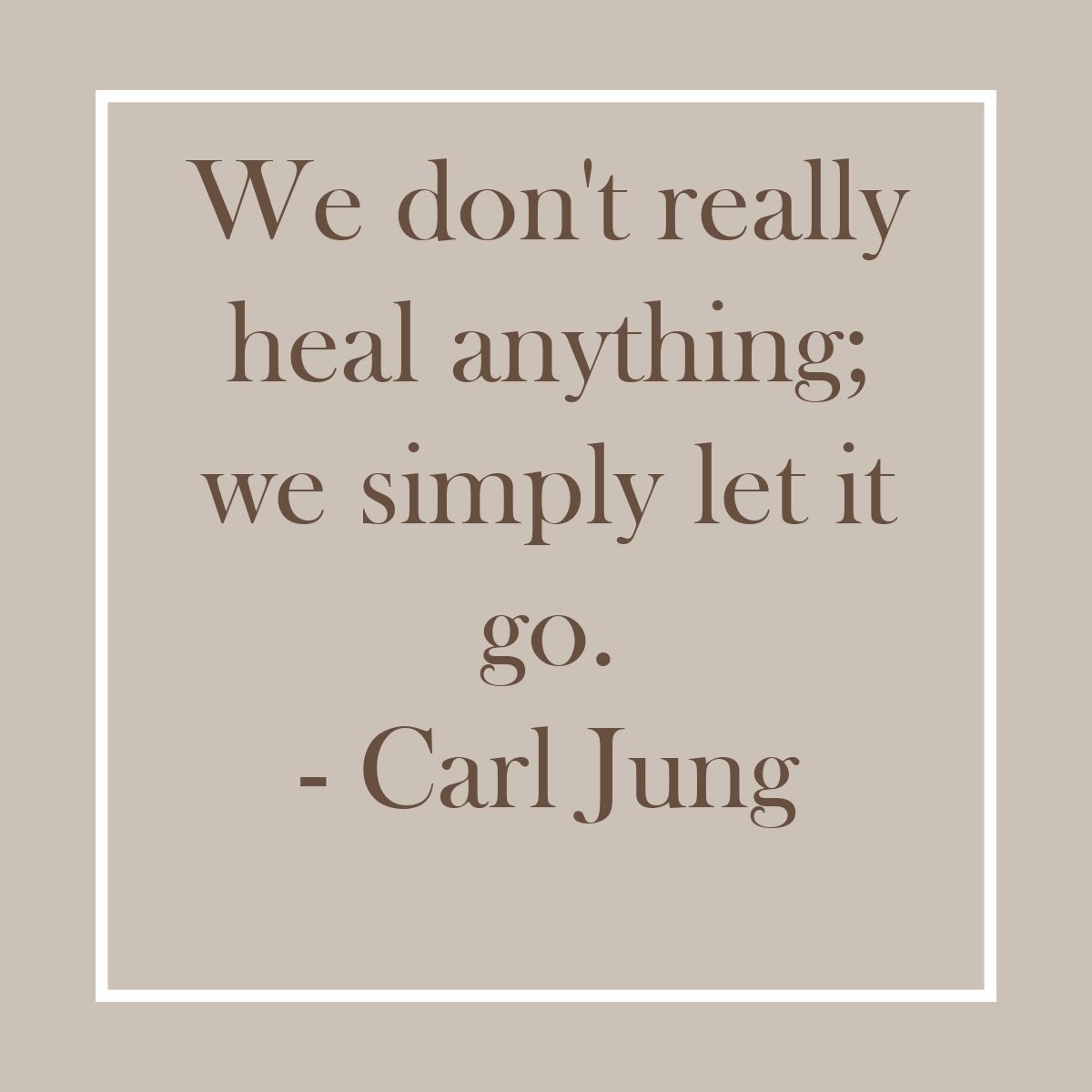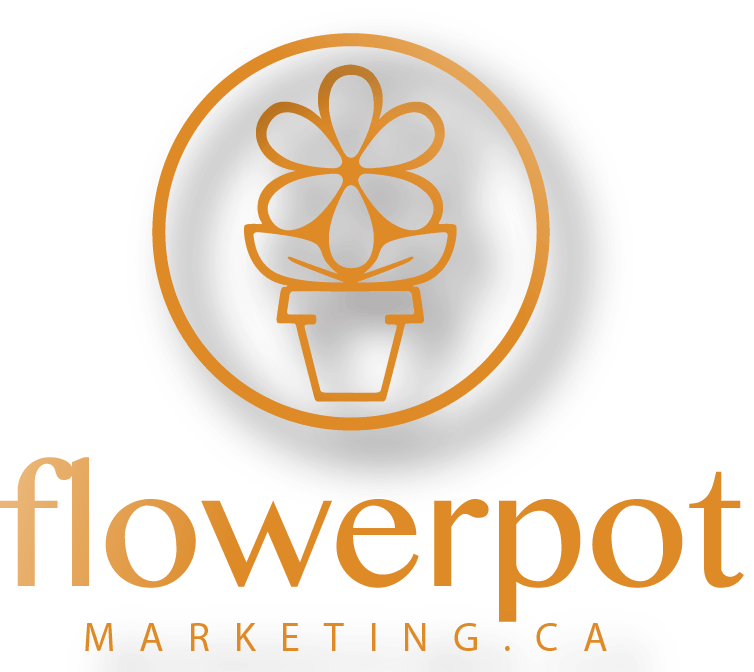By Renu Arora
•
August 26, 2025
The Move That Broke Me (Literally) For the past several weeks (months!) I have been in the process of moving houses. OMG! The longer you live in one place, the more “stuff” piles up. I quickly discovered that purging under a deadline is exhausting! My advice? Do yourself a huge favor: let go of anything you haven’t used in years. Clearing clutter isn’t just good for your home, you'll feel emotionally lighter, too. Decluttering aside, after a big day of moving furniture and all the other heavy or bulky things that required a truck, every muscle in my body was sore. My back, legs, arms—even my wrist—were screaming in pain. Climbing one flight of stairs felt like scaling the CN Tower. I felt completely wrecked. At an emotional low, everything I tried took me 3-4 times as long as normal. Moving through life at half speed, I was really not myself. This was 3 weeks ago. I expected at least a few days of soreness, but weeks later the pain persisted. I hate popping pills, but I was taking BOTH Tylenol and ibuprofen every morning just to get through the day. Yikes! The Line Between Physical Healing and Spiritual Healing You might be wondering: If I’m an energy healer, why didn’t I just “fix” myself? Here’s the truth: physical injuries need physical time to heal. Muscles, ligaments, bones—they don't heal in an instant. The physical body is relatively fragile, and needs care to keep it in working order. That said, it is truly remarkable in its ability to heal. I’ve always said that if broken bones are able to knit themselves together in 6 weeks, there is really nothing in the body that should take over 3 months to heal. But when pain lingers beyond the normal healing window, it’s often tied to something deeper: an emotional or spiritual block. So, if healing doesn’t happen in that time, one should then look to a spiritual cause either preventing healing from taking place, or more often, preventing the pain from going away, even through the body itself may already be healed sufficiently to be pain free. When my pain stayed intense after two weeks, I knew there was more to it than just overworked muscles. The Subconscious Connection: Feeling “Old” Working with the subconscious means everything is symbolic. In my case, the pain and fatigue I was feeling was accompanied by a single thought: “I feel old.” That thought immediately made me think of my mother, who recently turned 93! She had just broken her calf while traveling—right in the middle of my move! While I took out time to help prepare her house so she could recover at home, with everything else going on, I felt guilty that I wasn’t doing more. Like I'm a bad daughter for prioritizing my own life ahead of my mother's. And my own pain was only exacerbating my inability to do anything about it. Healing With ART (Accelerated Release Technique) Once I recognized the feelings at the root of my issue, I used my own Accelerated Release Technique (ART) to release the guilt and shame that I had been carrying. While there was a little more to it, after about an hour of ART, the mental fatigue disappeared completely and my physical pain drastically improved. Thank heavens! While my wrist is still tender, that's on me. There has still been lifting and schlepping stuff from my old home to my new one, and this past weekend was spent setting up my son’s new space for his next few years at university in Waterloo (hence more lifting and schlepping!) so I likely have a physical injury that hasn't been given a chance to heal. The rest of me, however, feels like my old - young - self! I can run up stairs, bend, and move freely once again without pain. Yay! Why This Matters for You Pain does not have to be part of aging. The subconscious mind holds powerful keys to healing emotional pain, physical discomfort, and spiritual blocks. Once you release the hidden beliefs and emotions weighing you down, your body and mind can return to their natural state: healthy, whole, and free. I believe it is everyone’s divine right to be healthy, happy, whole, and abundant. And with knowledge of ART, you can take your healing in your own hands. Ready to Assert YOUR Divine Right to Live Your Best Life? Registration for my next ART Masterclass is now open! Pay your $250 deposit to enroll by September 1st, 2025 (midnight EST) and get the two prerequisite courses FREE: How Heal From Your Past ($199 + HST) Connecting to Your Subconscious Without Hypnosis ($19.95 + HST) Spaces are limited—secure your spot today! Join with a friend and you’ll BOTH receive $150 off the Masterclass. 👉 👉👉 Click here to register for the Masterclass 👈👈👈 Have questions? Send me a message — I’d love to hear from you! I hope to see you in class!













